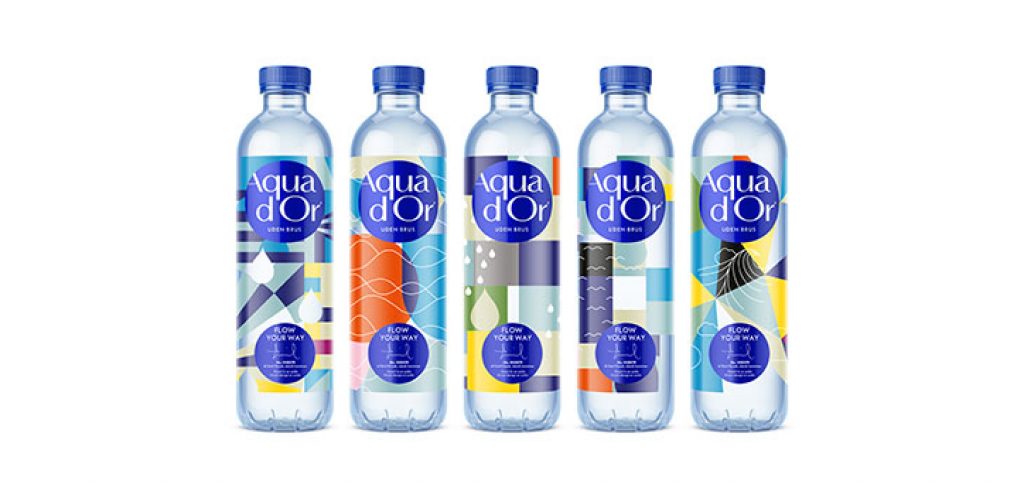Personalized beverages: a must for the entire industry in the future?

“Product personalization is an important trend. We will see more and more of it in the future,” says Dr. Jens Rothenstein, Senior Project Manager at IFH in Cologne, Germany. This is a trend that producers of nonalcoholic beverages should take into account if they want to hold their ground in the market. The trend toward personalized beverages is no longer focused on packaging alone, but increasingly incorporates the product itself.
It’s good to think outside the box. The same rings true for the food business. For example, Ritter Sport’s online shop has offered chocolate with personalized packaging for eight years. Customers can select the size and flavor of the chocolate bar, choose a design for the packaging, upload their own image and write out a brief text — and just like that you have a chocolate gift packaged just the way you want it.
Ferrero opted for a different type of personalization with its Nutella Unique campaign, which the company launched at the beginning of the year. Special 450 and 750 gram jars feature their own distinct labels; every jar a unique piece with a unique number. The campaign was made possible by an innovative technology that uses an algorithm to rotate and zoom in on design templates to repeatedly create new and individual patterns. The campaign slogan: “You are unique just like Nutella.”
Individualization in the nonalcoholic beverage business
The nonalcoholic beverage segment also has examples of successfully personalized beverages — even if admittedly there aren’t as many. One pioneer is Coca-Cola. From 2013 to the end of 2016, 0.2-liter glass bottles of Coke, Diet Coke or Coke Zero could be ordered in Germany with personalized labels at www.meinecoke.de. Customers could choose from almost 30,000 common names and nicknames.
At the end of August 2018, Danone announced that the company would launch 3.2 million water bottles with unique labels for the Danish mineral water brand Aqua d’Or. Eleven designs based on the story elements of Aqua d’Or were realized as one-of-a-kind creations using the HP SmartStream Mosaic automatic customization software. Danish artist Emil Kozak developed the concept for the design. The one-off labels were produced for the Swedish and Danish markets and are primarily geared toward millennials.
The talking beer label — even for nonalcoholic beverages?
Another path to customization was recently explored by Multi-Color Corporation (MCC), based in Batavia, Ohio, and Talkin’ Things from Las Vegas, Nevada. They combined augmented reality (AR) with Near Field Communication (NFC) technology to create a label for beer bottles. The label interacts with the consumer by means of AR facial recognition and actively incorporates the consumer in dynamic scenarios according to the emotions displayed. When the customer scans the smart label with a mobile app, the figure featured on the label appears in an interactive dialogue with the consumer. Facial recognition determines whether the customer is happy or sad and the label-based dialogue with the consumer is adjusted accordingly. Perhaps it’s an idea for the nonalcoholic personalized beverages business, too? From the perspective of MCC and Talkin’ Things, the hope is that this kind of packaging will result in considerable sales growth.
As exciting as these examples are, one thing is clear: Smaller quantities down to lot size one pose special challenges for the industry, since they involve new requirements for bottling and packaging machines.
“One-size-fits-all” is worn-out
These are not exactly becoming fewer thanks to another trend that is also linked to personalized products. In the case of the nonalcoholic beverages industry, one future consumer demand may be the ability to order personalized beverages that are precisely tailored to one’s current state of health. In the food business, the concept of customized nutrition is already a subject of thorough discussion. Its basis: the clear awareness among consumers regarding the strong impact of proper nutrition — and the proper beverage — on one’s health and well-being. Nestlé recognized the significance of this issue as early as 2011 and established Nestlé Health Science with the goal of developing strategies for customized nutrition. Joana Maricato, Market Research Manager at New Nutrition Business confirms this development and says that “the realization that one-size-fits-all is no longer the right form of nutrition is becoming more and more widespread.”
Overarching trend: digestive wellness
The idea of personalized beverages and food is reinforced by the latest findings from the fields of science and medicine. Knowledge surrounding the microbiome has grown substantially in the past years thanks to numerous studies. Researchers now believe that the microbial communities in the human gut play a key role in the digestion of food. Nutritional expert Prof. Dr. Christian Sina, who is currently working on a study for personalized nutrition in Lübeck, explains that, “genes alone provide only limited information about an individual’s metabolism. Much more critical is the functional microbiome. An analysis of the gut’s microbiome delivers information about how a person’s metabolism reacts to certain food.
A start-up from the University of Lübeck called Perfood and the MillionFriends program established there have now made it possible to use sensors to collect data on individual blood glucose levels according to food intake over a period of 14 days. Together with a questionnaire and an analysis of the intestinal flora, this information should make it possible to provide customized nutritional recommendations. It is assumed that a change of 10 to 20 percent in one’s nutritional habits is enough to produce sustainable improvement in one’s well-being. According to Dominik Burziwoda, CEO of Perfood, food manufacturers can also have their products tested in a study in order to determine how they influence blood glucose levels and the intestinal microbiome in order to improve them. According to Prof. Dr. Sina, “poor nutrition has resulted in huge medical problems, rising rates of obesity and other nutritionally-based illnesses. While most of the standard nutritional recommendations are not wrong in principle, they are often ineffective because they don’t take into account one’s individual needs and requirements. We should start taking an individual approach to nutrition. I compare it to medications. One medication can have a completely different effect when taken by two people. The same is true for food.”
That the health aspect plays such a large role for consumers in how they choose their food has also been verified by Christine Schäfer, researcher at the Gottlieb Duttweiler Institute. According to Schäfer, “the overarching trend we are now seeing is called digestive wellness, and it stands for the well-being that results from a stable digestive system.” In the future, this can also mean that the boundary between the use of medicine and nutritional habits to treat illnesses will disappear to an increasing extent.
Industry 4.0 favors personalized beverages
One of the biggest challenges for the food and beverage industry may be combining small-batch custom manufacturing and mass production. It requires not only especially intelligent but also extremely flexible systems that use efficient and reliable processes. And this is precisely where Industry 4.0 and the related use of robotic systems play a huge role. It can therefore be assumed that personalized beverages and Industry 4.0 will work hand in hand in the future. And that it will form the common basis for a future within the nonalcoholic beverages business that is not as far away as many would believe.
